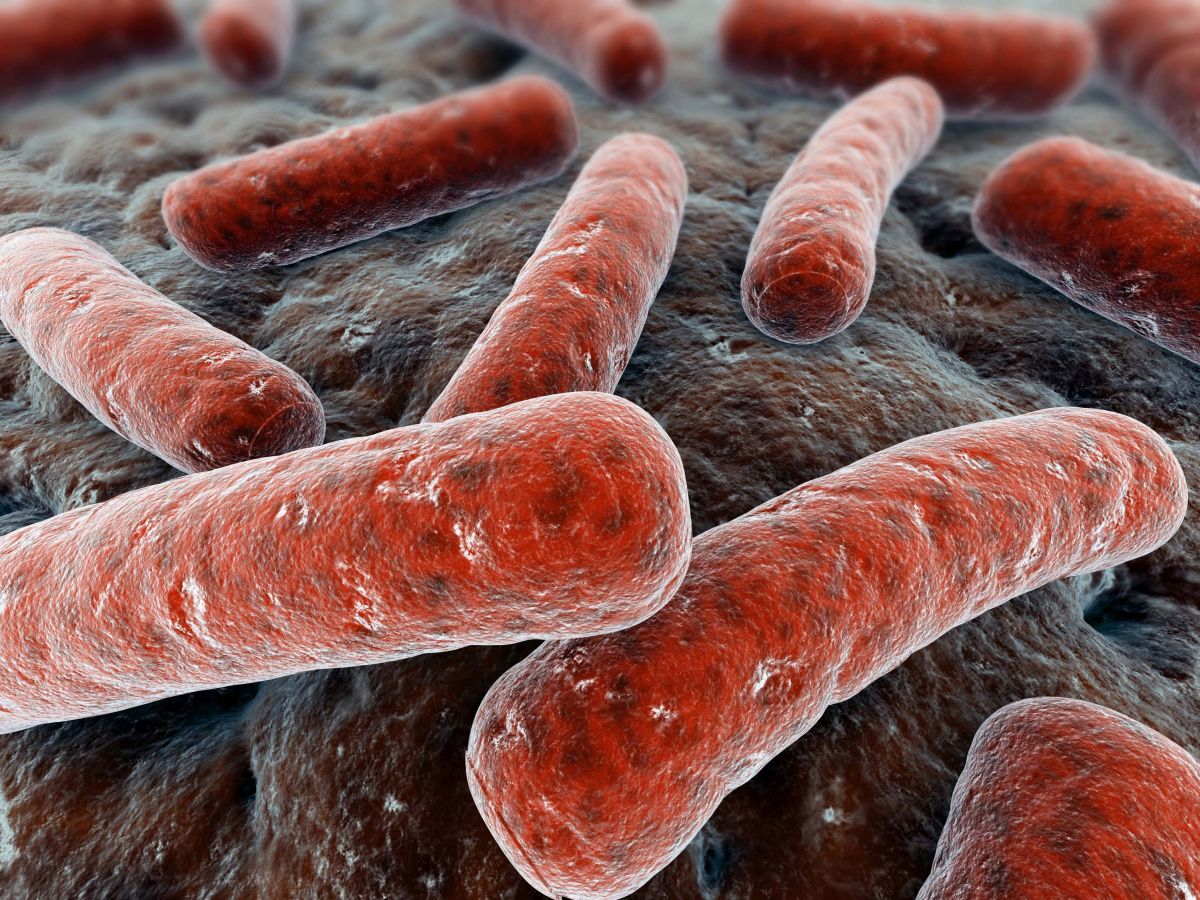
A new treatment for tuberculosis (TB) is set to be developed using compounds derived from bacteria that live in soil.
An international collaboration of researchers, including the University of Warwick, have discovered a compound which could translate into a new drug lead for TB.
The group looked at soil bacteria compounds, known to effectively prevent other bacteria growing around them.
Using synthetic chemistry, the researchers were able to recreate these compounds with structural variations, turning them into more potent chemical analogues.
When tested in a containment laboratory, these analogues proved to be effective killers of Mycobacterium tuberculosis – the bacterium which causes TB.
These chemicals target an enzyme in Mycobacterium tuberculosis called MraY, which catalyses a crucial step in building the cell wall around a bacterium. Attacking this part – a potential ‘Achilles’ heel’ of the bacterium - provided an essential pathway for the antibacterial compounds to attack and destroy TB strains.
Believed by many to be a relic of past centuries, TB still causes more deaths than any other infectious disease.
